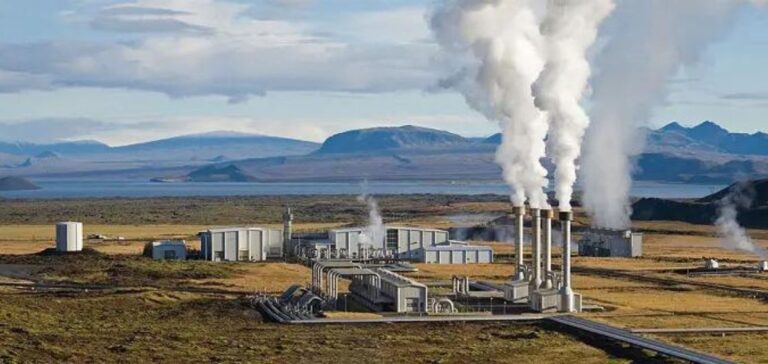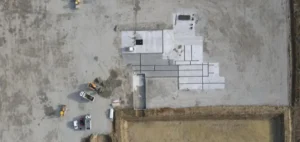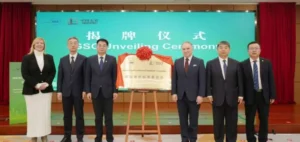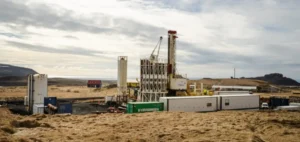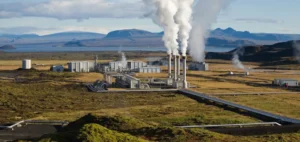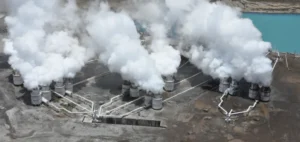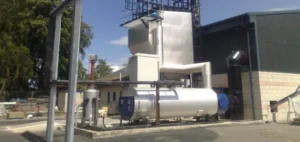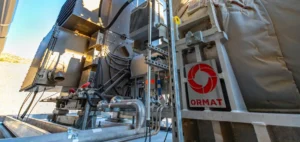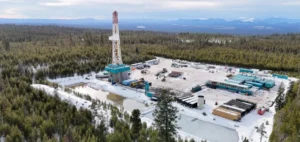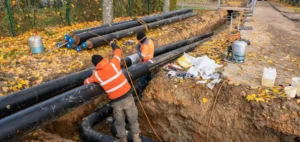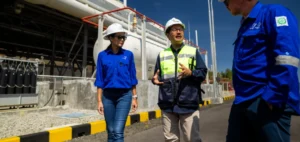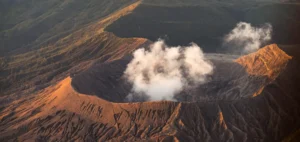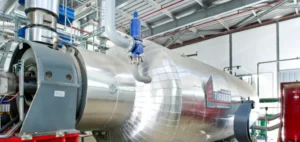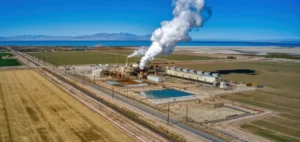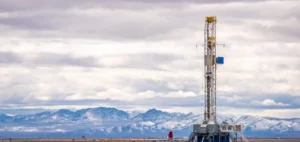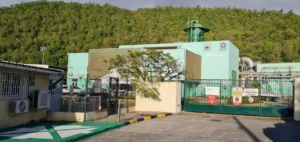The Red Sea Drilling Company will also need to attract investors to Djibouti’s geothermal potential, which could provide the country with energy independence through 100% renewable energy.
Red Sea Drilling Company to develop Djibouti’s geothermal potential
1000 MW of geothermal potential for 100% renewable energy by 2030
Djibouti takes another step forward in the development ofgeothermal energy with the creation of its own national company. Estimates indicate that Djibouti holds up to 1,000 MW of production potential from its geothermal sources.
Djibouti hopes that the development of its geothermal industry will ensure the country’s energy independence and even enable it to export electricity. It should also enable the country to achieve its goal of 100% renewable electricity by 2030.
Providing affordable electricity
RSDC’s primary mission will be to develop the national reserves in order to offer affordable electricity to the population. Today, Djibouti’s electricity is among the most expensive in the region, costing up to six times as much as in Ethiopia. The country’s energy supply relies on imported Ethiopian electricity, as well as local production of 126 MW based on imported coal.
Training national engineers and technicians
RSDC should also help train national engineers and technicians, who are essential to the country’s energy independence. Until now, foreign know-how has been essential to the development of the geothermal industry in Djibouti. This has enabled KenGen of Kenya to sign a USD$6.5 million contract in February 2021 to drill three wells in Lake Assal.
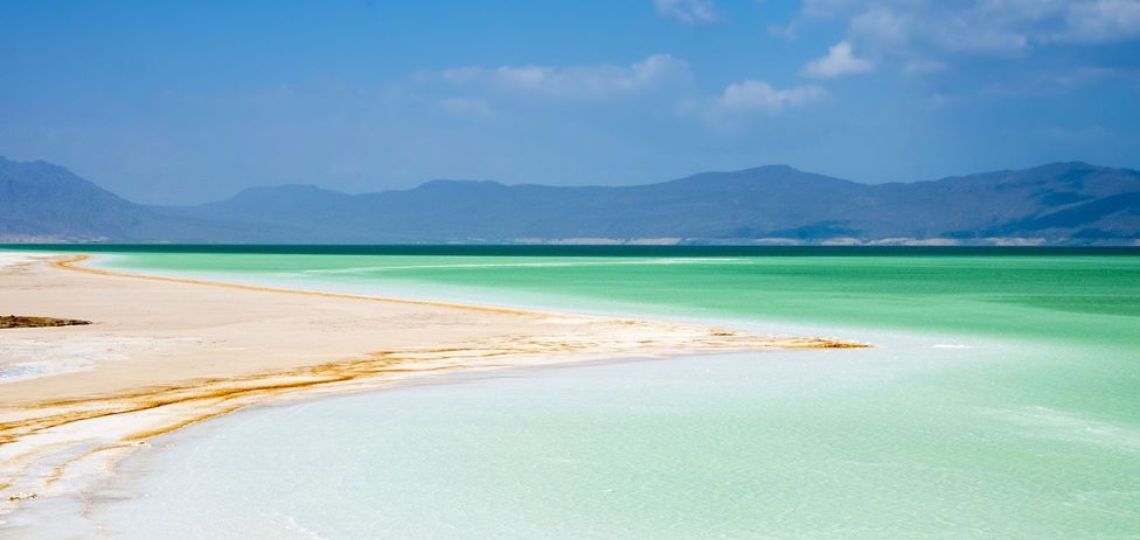
Attracting investors to Djibouti’s geothermal potential
The first investments in geothermal energy in Djibouti date back to the 1970s. Regional tensions and the global economic crisis had nevertheless thwarted the sector’s development plans. Djibouti hopes that RSDC will help to attract and channel financing to the sector, which has seen a resurgence in interest over the past decade.
Back in 2013, the African Development Bank approved a USD$6.8 million loan to explore Lake Assal. The bank then granted 18 million for the construction of a 20 MW power plant, with the potential to expand to 50 MW. This first plant alone will meet two-thirds of the country’s current energy needs.
Djibouti aims to become a major energy player in East Africa
Geothermal energy, a low-key source of renewable energy
Geothermal power plants generate electricity using the very hot groundwater beneath the Earth’s surface. This renewable energy source emits no greenhouse gases, and its raw material – the Earth’s heat – is totally free.
While the city of Paris uses geothermal energy for heating, geothermal power generation in France remains marginal. It has two power plants: a 16 MW plant at Bouillante in Guadeloupe and a 12 MW plant at Soultz-sous-Forêts in Alsace. The industry is gradually taking shape around a number of projects, with the prospect of increased installed capacity in the coming years.
Ensuring a secure water supply
The new company plans to strengthen its capabilities in water drilling to enhance the country’s water security. It also plans to develop mining and oil & gas drilling activities. In the medium term, RSDC aims to become a major drilling player in East Africa, expanding beyond Djibouti’s borders.


